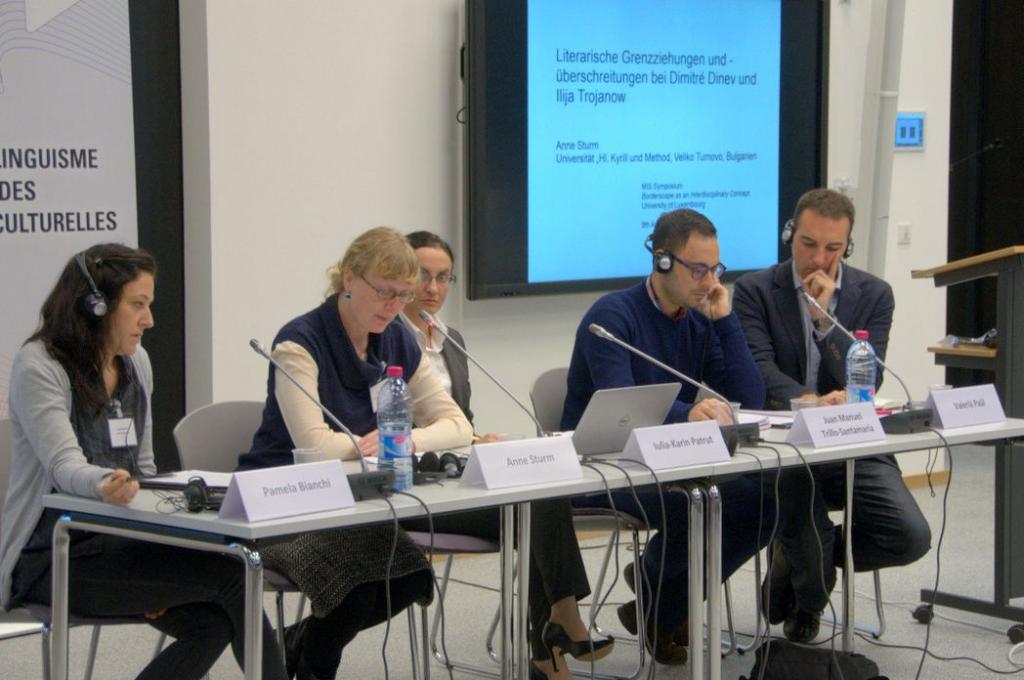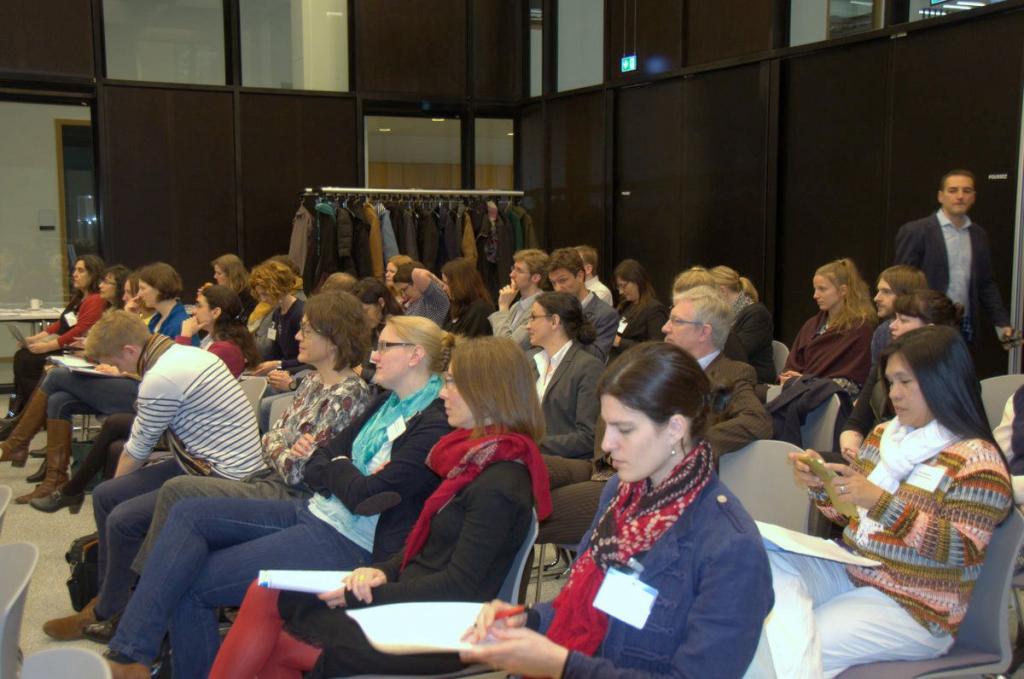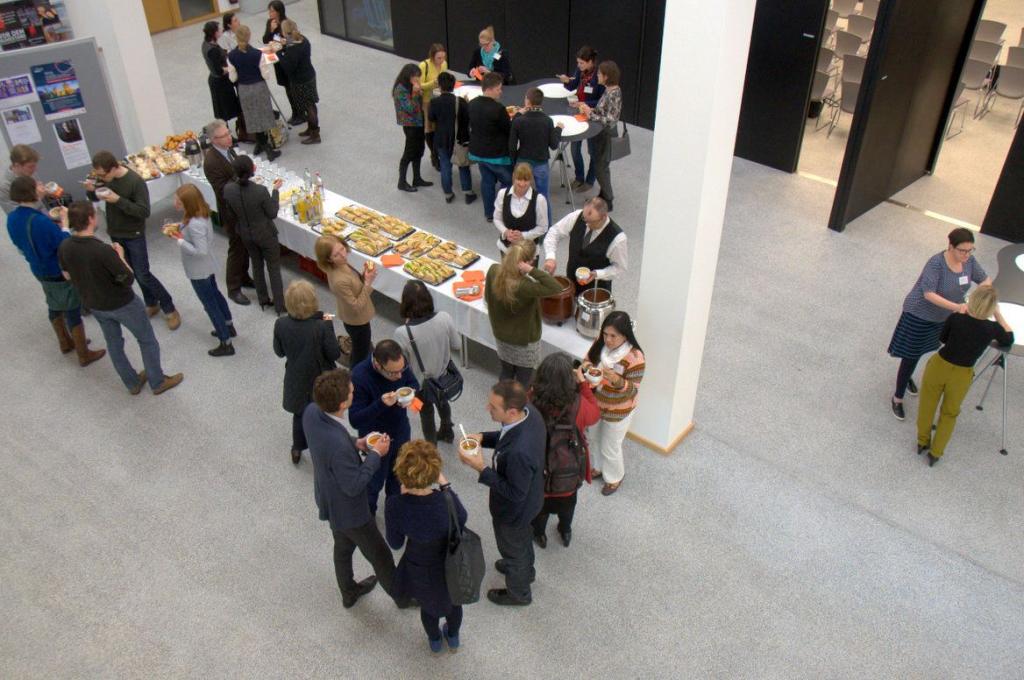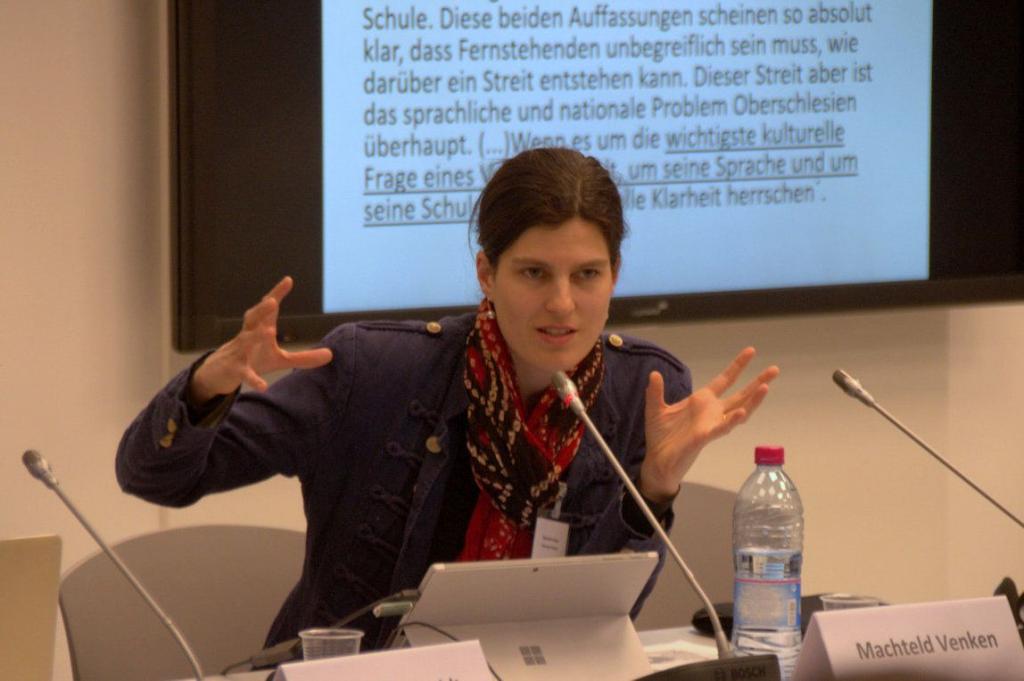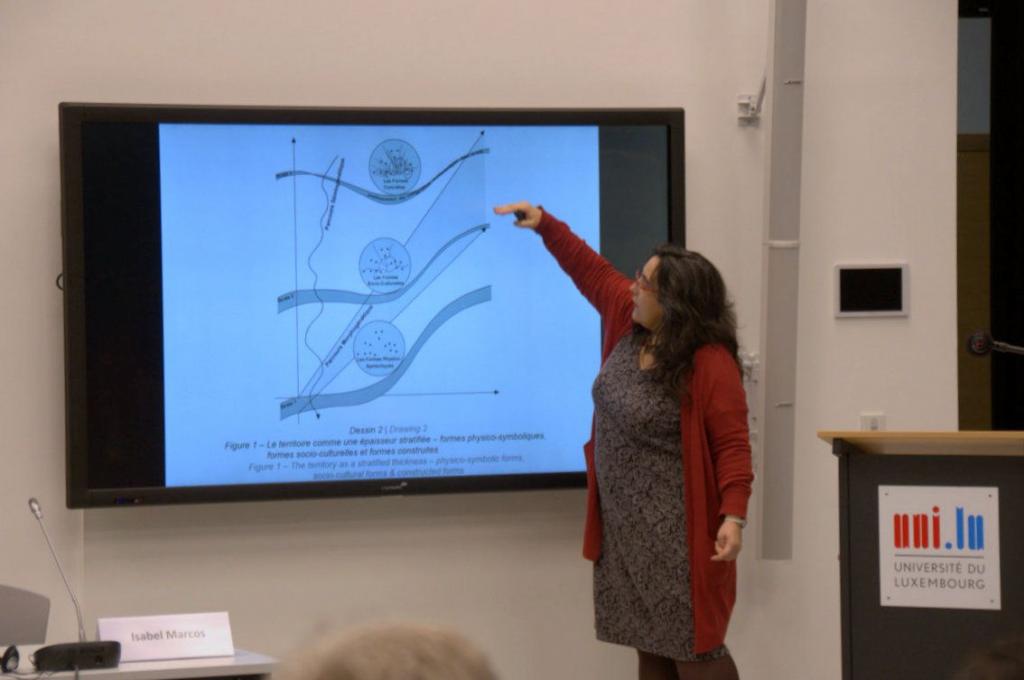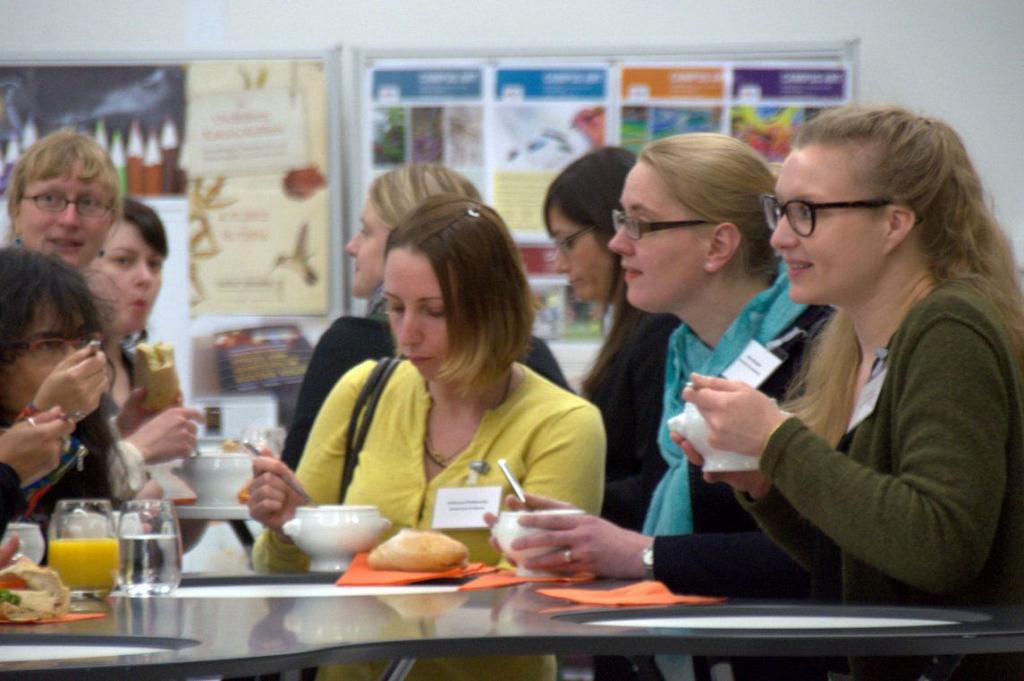Symposium – Borderscape as an Interdisciplinary Concept
Research in the Social Sciences mainly uses the term borderscape to describe geopolitical connections. But it is proposed to extend the meaning of borderscape even further, not only relating it to borders ‘as such’, but instead in a more abstract and far-reaching way to their very conditions of their formation. This enables the term to be used across disciplines, whenever domains are being differentiated. It relates not only to politically defined territories and powerful spheres of influence but also to the borders of what is permitted, culturally and socially prohibited or artistically justifiable, the borders of artworks, buildings or concepts, or the borders given by individuals and grammars.
Symposium – Borderscape as an Interdisciplinary Concept
8 and 9 April 2016 | University of Luxembourg | Campus Belval
The conference aimed to sound out its potential for theoretical and conceptual discussion, as well as for empirical research into border phenomena. The lectures dealt with conceptual considerations relating to borderscapes and/or specific case-studies that demonstrate how border formation can be investigated and described in various areas.
The symposium was organised by the Key Area “MIS – Multilinguism and Intercultural Studies” in cooperation with the UniGR-Center for Border Studies.
Speakers:
Nathalie Roelens (Key Area MIS, University of Luxembourg)
Christian Wille (UniGR-Center for Border Studies, University of Luxembourg)
Chiara Brambilla (University of Bergamo, Italy)
Anne Sturm (University HI. Kyrill and Method, Bulgaria)
Pamela Bianchi (University Paris 8, France)
Juan-Manuel Trillo-Santamaría and Valerià Paül (University of Santiago de Compostela, Spain)
Machteld Venken (University of Vienna, Austria)
Clea A. Schmidt (University of Manitoba, Canada)
Dorothée Cailleux (University of Paris Ouest Nanterre la Défense, France)
Regina Range (University of Alabama, USA)
Ana Maria Manzanas-Calvo (University of Salamanca, Spain)
Isabel Marcos (CICS.NOVA, FCSH, New University of Lisbon, Portugal)
Kateryna Pashkovska (University of Alberta, Canada)
Simone Sauer-Kretschmer (Ruhr University Bochum, Germany)
Mary Rose Sarausad (Asian Institut of Technology, Thailand)
Felix Prautzsch (Technische Universität Dresden, Germany)
Julia de Bres (University of Luxembourg)
Agnès Prüm (University of Luxembourg)

